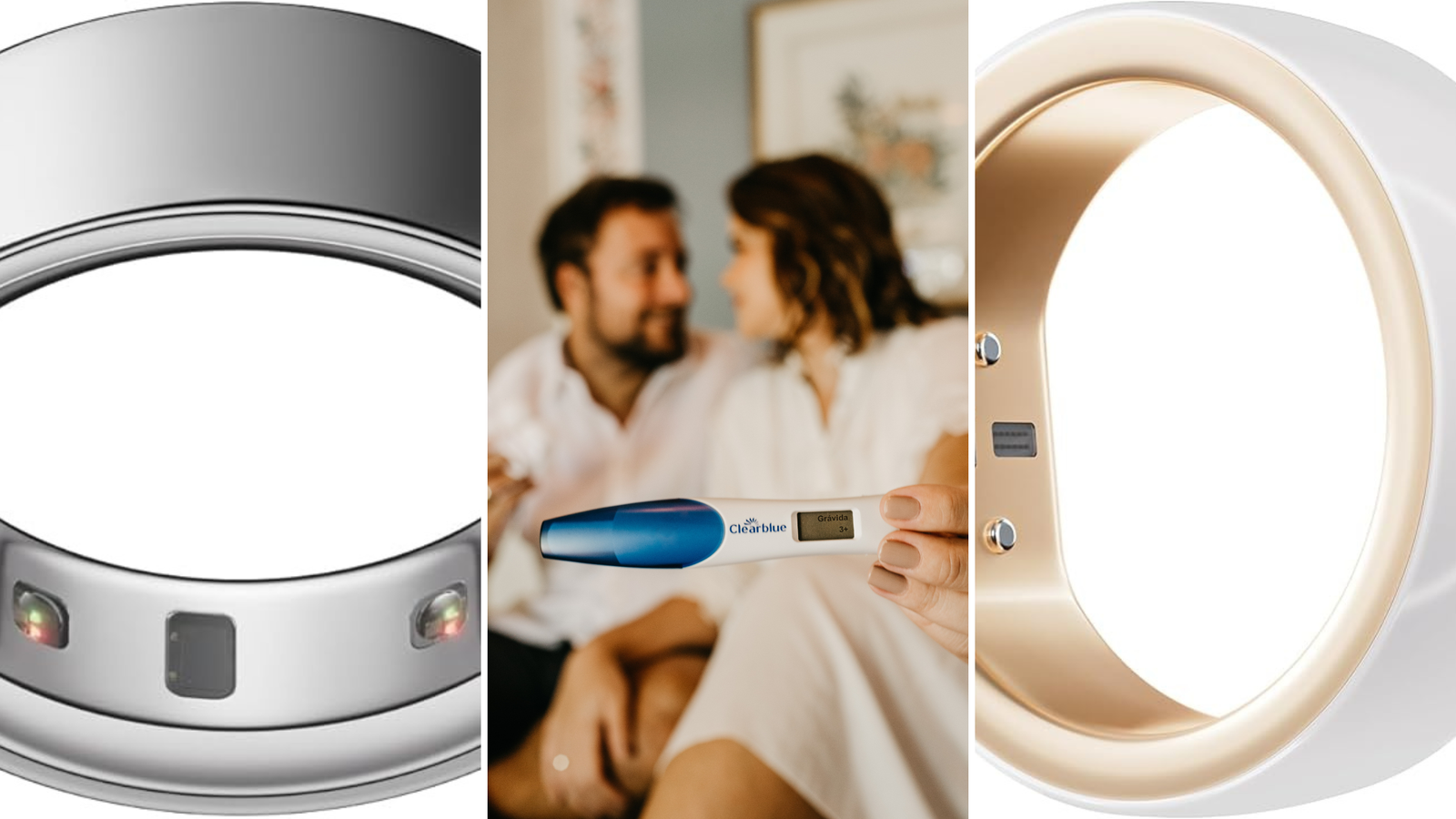Touching someone who is on their period should be approached with the same respect and consideration as touching anyone else. Menstruation is a normal physiological process, and being on a period doesn’t inherently change the boundaries of personal touch. Here are some key considerations:
1. Respect Boundaries
- Consent: Always ensure that any physical contact is consensual, regardless of whether someone is on their period. Respecting personal boundaries is crucial in all interactions.
- Comfort Levels: Some individuals may feel more sensitive or uncomfortable during their period. It’s important to be attentive and sensitive to their feelings.
For details, check here and here.
2. Personal Hygiene and Comfort
- Hygiene: For those who are menstruating, personal hygiene practices are important. Most people on their period will manage their hygiene effectively and may use pads, tampons, or menstrual cups.
- Comfort Measures: If someone is experiencing discomfort or pain from menstrual cramps, they might prefer not to be touched or may need extra comfort and support.
For more information about this, check here and here.
3. Social and Cultural Sensitivities
- Cultural Norms: In some cultures or personal beliefs, menstruation might be considered a private matter. Be aware of and sensitive to these cultural or personal norms.
- Privacy: Respecting privacy and understanding the individual’s comfort level with discussing or managing their period is important.
4. Communication
- Ask First: If you’re unsure whether your touch might be unwelcome or uncomfortable, it’s always best to ask. Open and respectful communication helps ensure that everyone feels comfortable.
- Non-Verbal Cues: Pay attention to non-verbal cues that might indicate discomfort or hesitation.
5. Support and Empathy
- Offer Support: If someone is experiencing period-related discomfort or pain, offering support and empathy is more important than focusing on the physical aspects. Small gestures like offering a heating pad or simply being a good listener can be very supportive.
- Normalize Periods: Understanding and normalizing menstruation as a part of everyday life can help reduce stigma and make interactions more comfortable.
Summary
Touching someone who is on their period should be handled with the same respect and consideration as with anyone else. Consent and comfort are key, and it’s important to be aware of and sensitive to personal boundaries and cultural norms. Open communication and empathy are essential in ensuring that all interactions are respectful and supportive.
Tools:
- Luteal phase calculator
- BBT Temperature Converter
- Birth control calculator
- Bishop Score Calculator
- Due Date Calculator
- Breast Cancer Recurrence Risk Calculator
- Breastfeeding Calories Calculator
- Clomid Ovulation Calculator
- Conception Calculator
- Due Date Calculator
- Egg Freezing Calculator
- Flange Size Calculator
- Ideal Weight To Get Pregnant Calculator
- Implantation calculator
- IVF success calculator after retrieval
- Menstrual or Implantation Bleeding Quiz
- MCA PSV MoM calculator
- hCG Levels Calculator
- IVF Due Date Calculator
- Who Got Me Pregnant Calculator
- Conception Calculator
- Pearl Index Calculator
- Flange Size Calculator
- Period Calculator
- TIRADS Calculator
- Egg Freezing Calculator
- Fundal Height Calculator
- Pregnancy Weight Gain Calculator
- Chances of Having Twins Calculator
- VTE Risk Score Calculator
Reference
- Touching and Being in Touch with the Menstruating Body. Retrieved from here
- Campo Woytuk, Nadia & Søndergaard, Marie Louise & Ciolfi Felice, Marianela & Balaam, Madeline. (2020). Touching and Being in Touch with the Menstruating Body. 1-14. 10.1145/3313831.3376471.
- Yaliwal RG, Biradar AM, Kori SS, Mudanur SR, Pujeri SU, Shannawaz M. Menstrual Morbidities, Menstrual Hygiene, Cultural Practices during Menstruation, and WASH Practices at Schools in Adolescent Girls of North Karnataka, India: A Cross-Sectional Prospective Study. Obstet Gynecol Int. 2020 Jul 16;2020:6238193. doi: 10.1155/2020/6238193. PMID: 33133193; PMCID: PMC7593755.
- Garg S, Anand T. Menstruation related myths in India: strategies for combating it. J Family Med Prim Care. 2015 Apr-Jun;4(2):184-6. doi: 10.4103/2249-4863.154627. PMID: 25949964; PMCID: PMC4408698.



